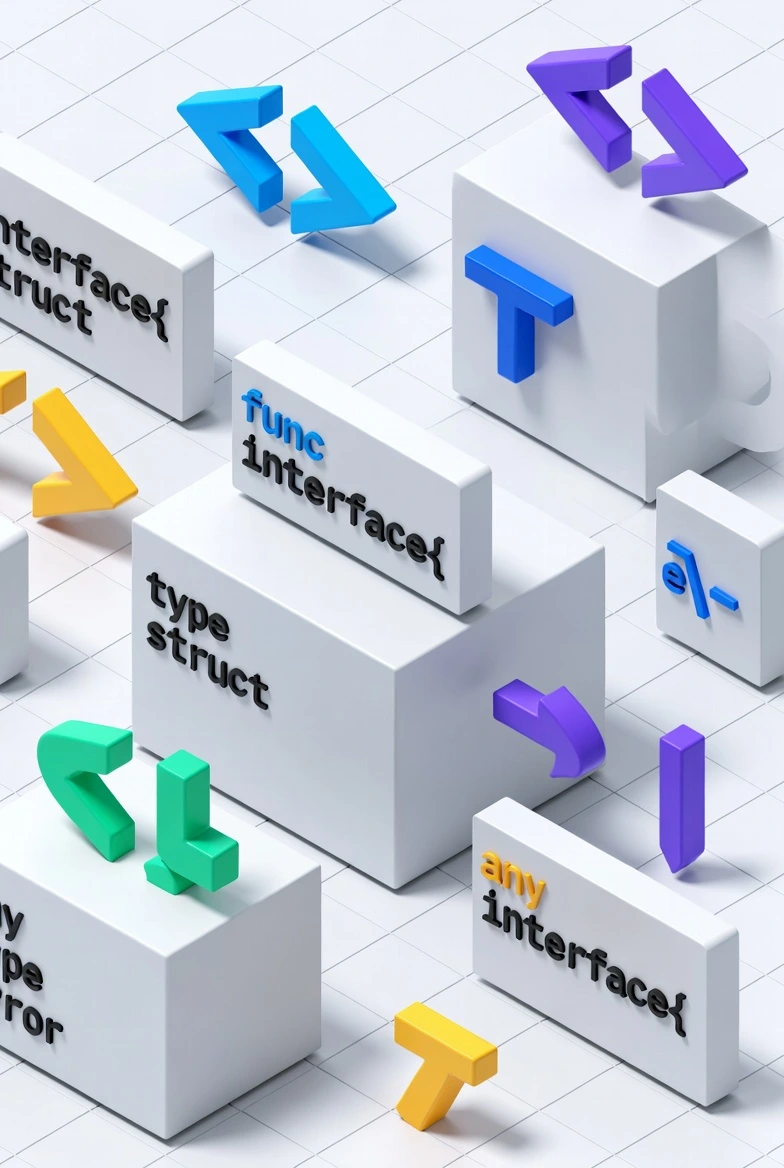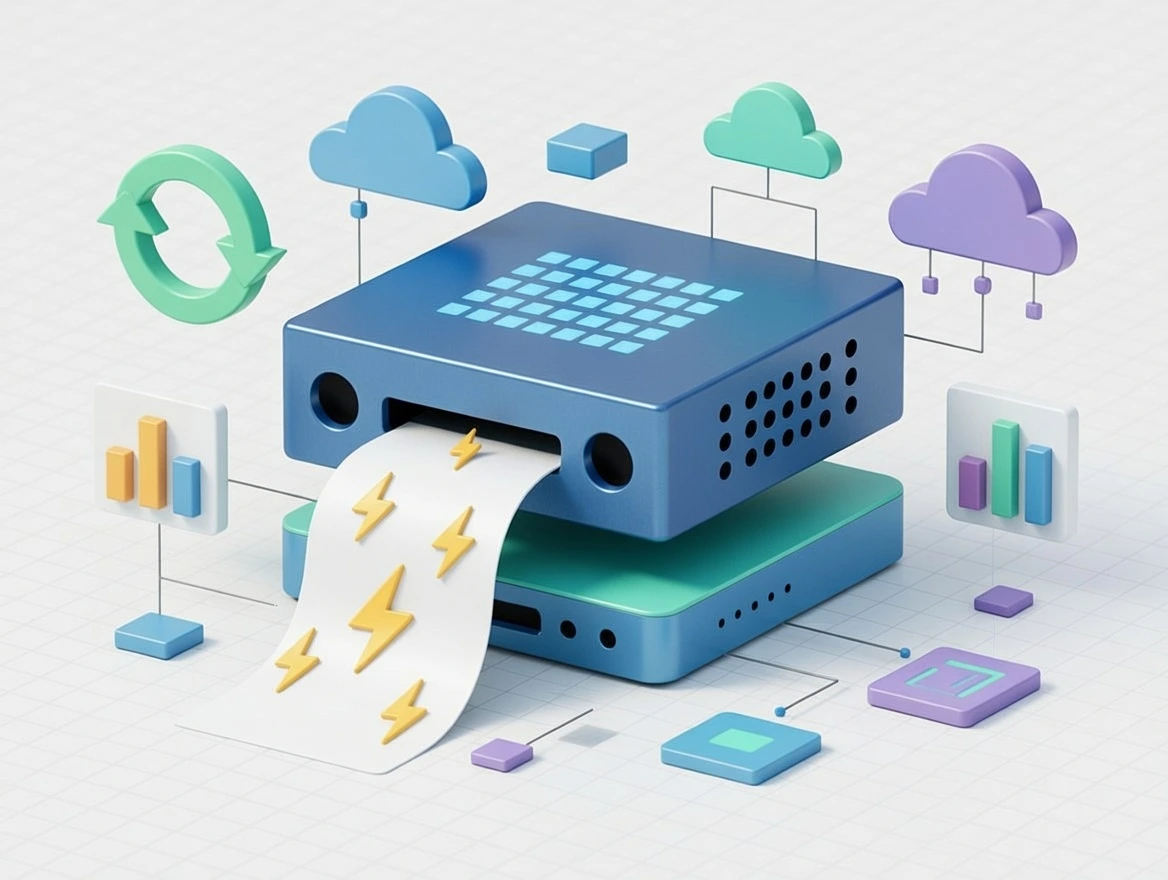
Editorial Team
Like many things that are similar, it is easy to mistake copyright for trademark and vice versa. They may be Legalese, but they are not as technical as you might think, especially when considering practical questions like when to use copyright vs trademark. In order to help clarify between the two, we partnered with DIYLaw and created this simple infographic that explains the difference between Copyright and Trademark.
Intellectual property or intellectual ideas are created in the human mind. It's important to understand that patents, copyrights, or trademarks only protect the end result of the idea and not how the idea materializes. For example, the design of a solar-powered smartphone may be patented, but not the idea of a solar-powered phone. Similarly, your story or the manuscript of a novel is copyrighted, not the idea of the book itself. This distinction is crucial.
When you start a new company, understanding the difference between trademark and copyright for a logo is essential. The logo itself is typically trademarked to protect your brand identity, not the abstract idea of creating a logo. Many also wonder, "can I copyright a business name or trademark it?" Generally, a business name is protected by trademark law, as it serves to identify and distinguish your business in the marketplace.
Trademark protects a name, word, slogan, symbol, design, and/or image identifying a business or brand and distinguishing it from others in the same field. Business and product owners register a trademark to enhance their rights and provide a public notice of ownership. It includes anything used by the producer to distinguish his product from other competitive products in the market. A trademark is anything that helps to identify the uniqueness of the brand and ensures its authenticity.




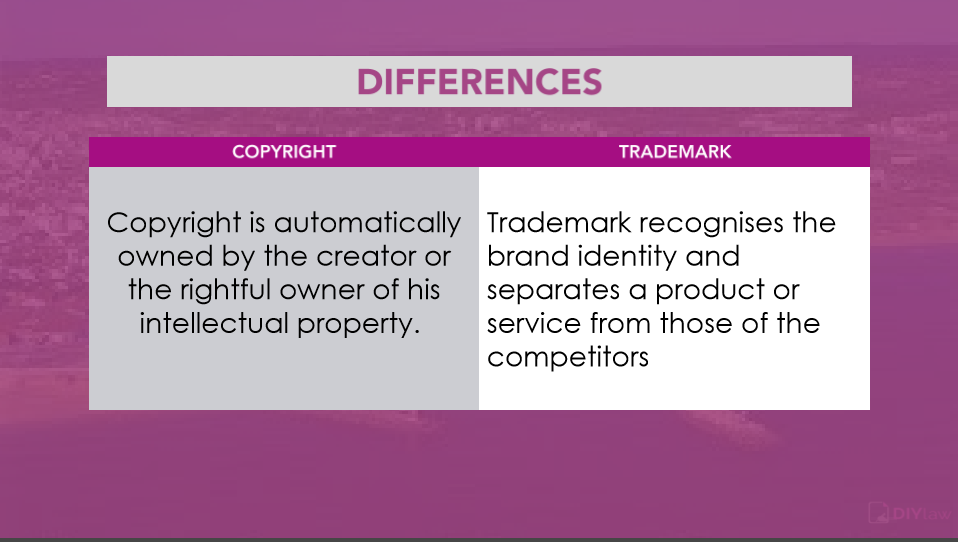

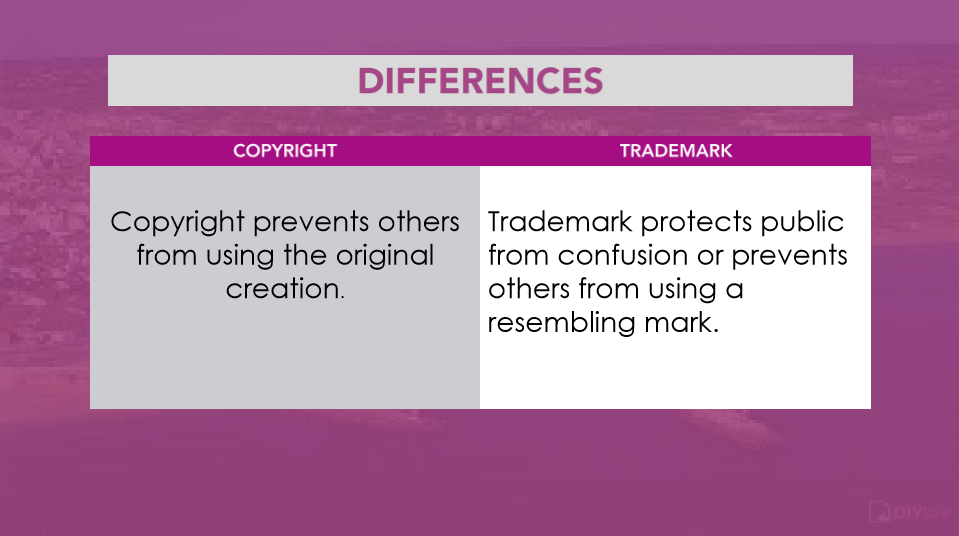

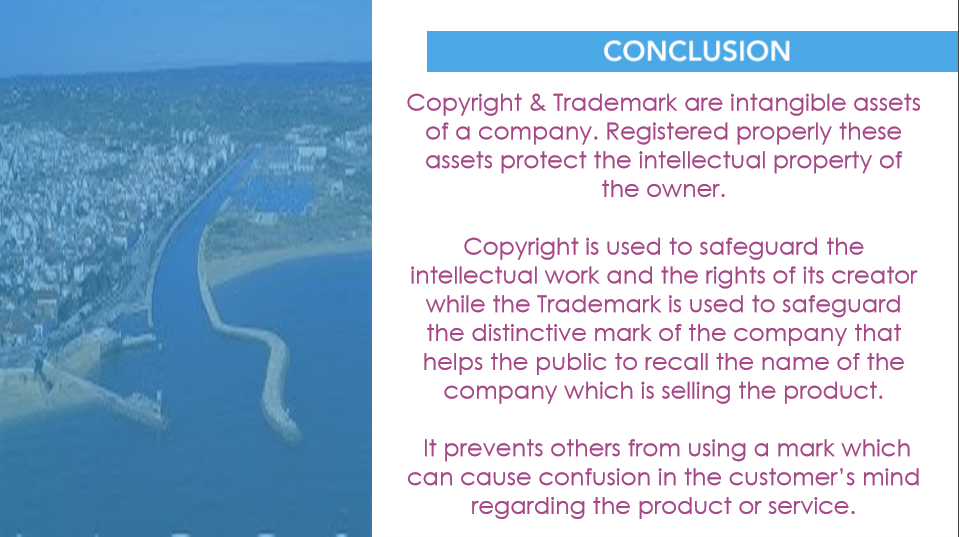

Build Your Vision with Gigson: Hire Expert Developers
Before diving into other important details of intellectual property, if you're a startup looking to bring your innovative product or service to life, Gigson is your go-to platform. We connect you with talented freelance developers specializing in building robust websites, dynamic mobile applications, and cutting-edge software solutions. Whether you need a full-stack expert, a front-end developer, or a back-end engineer, Gigson helps you find the right professionals to build, iterate, and scale your startup's technology foundation.
Startup IP Essentials: Copyright & Trademark FAQ
Understanding intellectual property is crucial for any startup. It helps protect your unique creations and brand identity. Here are some common questions:
1. What is copyright, and why does it matter for my startup?
- Answer: Copyright is a legal protection for original works of authorship. For a startup, this is vital as it automatically protects your original software code (both source and object code), website content (text, graphics, videos), app user interface design, marketing materials (like brochures or presentations), and even your blog posts from unauthorized copying. It means others can't simply take what you've created and use it as their own.
2. What is a trademark, and how can it benefit my startup?
- Answer: A trademark protects elements that identify and distinguish your startup's brand from others. This includes your business name, logo, slogan, or even specific product names (like your app's name). For a startup, a strong trademark is essential for building brand recognition, customer loyalty, and preventing competitors from using confusingly similar branding that could mislead your customers.
3. Specifically, what does copyright protect for a tech startup?
- Answer: Copyright is broad. For a tech startup, it specifically protects:
- Software Code: The literal lines of code you write.
- Website/App Content: The text, images, videos, and overall layout you create.
- UI/UX Design: The unique visual design and user experience elements of your software or app (the "look and feel" can sometimes be protected).
- Databases: The structure and original selection/arrangement of data in a database.
- Marketing Materials: Original content in your pitch decks, whitepapers, case studies, and advertisements.
- Manuals and Documentation: User guides and technical documentation you create.
4. What are the basic facts about trademarks that every startup founder should know?
- Answer: Key facts for startups include:
- Brand Identity: Trademarks are all about protecting your unique brand identity.
- First Use Matters: In some jurisdictions (like the U.S.), rights can begin from the first use in commerce, but federal registration provides stronger protection.
- Distinctiveness is Key: The more unique and distinctive your name or logo, the easier it is to protect as a trademark. Generic terms are hard to trademark.
- Search Before Launching: Always conduct a trademark search before heavily investing in a brand name to avoid infringing on someone else's existing trademark.
- Use It or Lose It: Trademark rights can be lost if you stop using the mark in commerce for your goods or services.
5. What's the main difference between the R (®) and TM (™) symbols, and when should my startup use them?
- Answer:
- ™ (Trademark Symbol): Startups can use the ™ symbol next to their logo, brand name, or slogan at any time to indicate that they claim common law rights to the mark, even if it's not federally registered. It signals to others that you consider it your trademark.
- ® (Registered Trademark Symbol): This symbol can only be used once your trademark has been officially registered with the relevant national trademark office (e.g., the USPTO in the United States). Using it without a valid registration is illegal. For startups, obtaining federal registration offers significant advantages, including nationwide protection and a stronger legal standing.
6. As a startup, how do I choose between trademark and copyright, and what are the key differences for my assets?
- Answer: It's usually not an "either/or" situation; startups often need both. The key is to understand what each protects:
- Copyright for Creative Works: Use copyright to protect the expression of your ideas – your software code, the articles on your blog, the design of your app's interface, your marketing videos.
- Trademark for Brand Identifiers: Use trademark to protect your brand elements – your startup's name, logo, product names, and slogans that distinguish you in the marketplace.
- Example: Your startup's unique software application:
- The code itself is protected by copyright.
- The name of the application and its logo are protected by trademark.
- Prioritize trademark registration for your core brand identity early on, and be aware that copyright protection for your original creative works is largely automatic upon creation (though registration offers further benefits).


